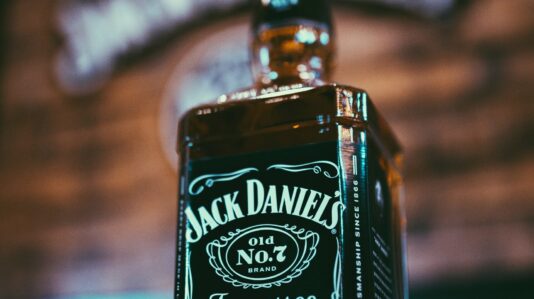Trademark infringement is a significant issue for the fashion industry, as knockoffs, counterfeits, and other forms of copying can cause significant damage to a brand’s reputation and revenue. To protect their brand, fashion companies spend a significant amount of time and money suing others for copyright and trademark infringement. One reason for the vigorous enforcement is that if companies fail to “police” their trademarks, they can lose their trademark rights. However, not all copying constitutes infringement, and one exception is fashion parodies.
Some Legal Terms
Trademarks in the fashion industry are words, symbols, designs, slogans, or phrases used as source identifiers that help consumers distinguish one business’s goods or services from others. Fashion brands can use trademark law to prevent third parties from using their marks without permission. Some well-known trademarks in the fashion industry are the interlocking “C” that represents Chanel and the polo player on a horse that represents Ralph Lauren.
Trademark infringement occurs when a third party uses a trademark without the owner’s permission and is likely to cause confusion among consumers. Trademark dilution occurs when a mark or trade name is sufficiently similar to a famous mark that it reduces, or is likely to reduce, the public’s perception that the famous mark signifies something unique, singular, or particular. Trademark parody can be used as a defense against both types of trademark claims.
The Parody Defense to Trademark Infringement and Dilution Claims
Artistic or editorial parody is a defense to a trademark infringement claim. To qualify as a parody, the use must copy enough of the trademark so that people recognize it, but it must also differentiate the mark sufficiently by satire, ridicule, comedy, or amusement. A use is less likely to be ruled a parody if it is closely tied to a commercial use and the commentary is difficult to detect, thus increasing the likelihood of consumer confusion. In June 2023, the Supreme Court, in a case involving a dog’s chew toy that parodied the iconic Jack Daniel’s bottle and label, narrowed that parody defense holding that it does not apply when the parody mark is itself used as a trademark, i.e., the signifier of the source of the parodist’s goods.
For trademark dilution claims, the parody defense is covered by the FTDA’s ” fair use” exemption to federal dilution claims. However, in the same Jack Daniel’s case, the Supreme Court held that the” fair use” exemption does not apply to parodies when the parody mark is used for commercial purposes.
One example of a successful parody defense is the Chewy Vuitton case, in which the luxury fashion house Louis Vuitton brought a trademark dilution claim against Haute Diggity Dog, a manufacturer of dog toys. The U.S. Court of Appeals for the Fourth Circuit ruled in favor of Haute Diggity Dog, holding that Louis Vuitton failed to prove that the distinctiveness of its marks was likely to be impaired by Haute Diggity Dog’s marketing and sale of its “Chewy Vuiton” products. Another example is My Other Bag, in which My Other Bag, Inc. sold canvas tote bags with caricatures of designer handbags on one side and the phrase “My Other Bag” on the other. Louis Vuitton brought a trademark dilution claim against My Other Bag, but the U.S. Court of Appeals for the Second Circuit ruled in favor of My Other Bag, stating that the bags were a successful parody.
Conclusion
The fashion industry takes great care to protect its trademarks and prevent infringement, as copying can cause significant damage to a brand’s reputation and a company’s revenue. However, the defense of parody can be used against trademark claims, including infringement and dilution. However, there are limitations to this defense and not all parodies are protected. Whether you wish to parody a brand or want to enforce your trademark rights against a parodist, it is important to consult with an experienced trademark attorney to discuss your rights regarding either enforcement or avoidance trademark infringement or dilution claims.



